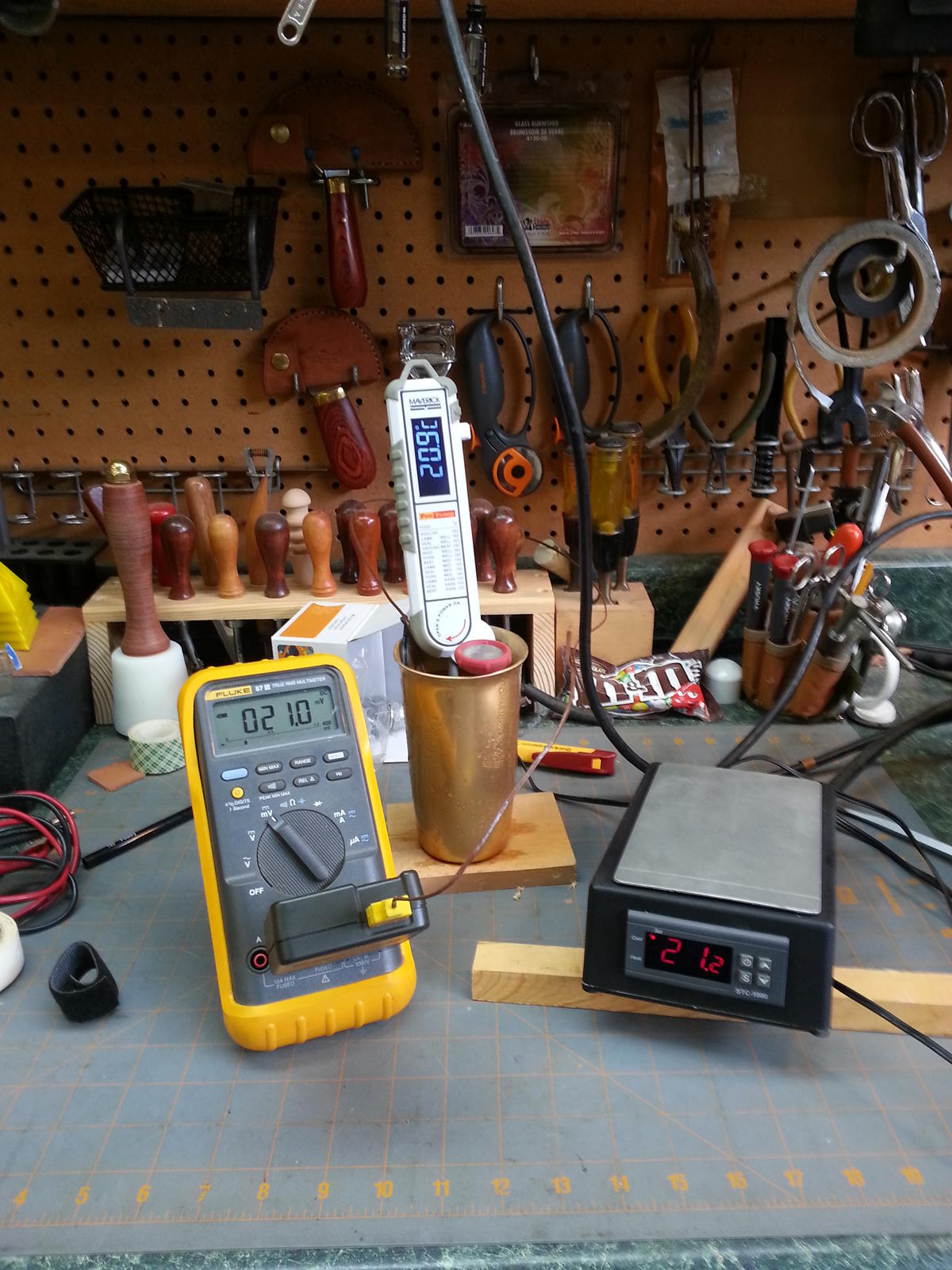Psylocide
Ippons for Days
- Joined
- Nov 25, 2014
- Messages
- 9,608
- Reaction score
- 6,029
I can't hear you over here in this corner...

Wait 72 hours before worrying.

I can't hear you over here in this corner...

Anything over 12 hours is undesirable, but it happens...











Something is definitely "rotten in the state of Denmark".
This is not typically what I see with rehydrated Nottingham.
Activity within 24 hours is the norm. Invariably <12 hours.
Activity = airlock activity
Slym, come out of your corner. We'll all speak in hushed tones.
OK. I'll go **** off in a corner now...


Yeah, but your comment was "Your post & your sig line both are comical."
Which sounds kind of *******, IMHO.
Anyway... for real, I'm out. Again, for better or worse, I've said all I came to say.
Ok.
For the record, I wish people would stop parroting the advice that 48 hour+ lag times are ok. Just because some dude had a 72 hour lag time once and the beer tasted "pretty good" doesn't mean it's good brewing advice or practice.
>24 hours means something is not right; oxygen, yeast mishandling, temperature, wort composition, etc. While effects on the finished beer might be minimal there's a problem in either the process or yeast.
Hey man, lots of comments, but have you checked your thermometer to make sure it is accurate? I have had dial thermometers be off by 40* before.

Moto - did you use spring water or distilled water to hydrate the yeast? I've heard of distilled/RO water causing tonicity issues when hydrating dried yeast.
I use a thermopen. I haven't cal'd it in awhile but I trust its close.
i let the rehydrate cool down at room temp. i don't know what the temp is exactly (I should probably record for future reference) but it wasn't 90F.
i stopped using notty years ago because it's so unpredictable. when i first started brewing, it was great stuff every time. then they had that run of dead/lagging yeast where they had to pull it off the shelves, and it was out for a while. when it came back, many lhbs's, including 2 here, stopped carrying it, even. i've switched to us-05 and s-04 as my go-to yeasts, and have never had a problem with them
Has anyone else noticed that both motobrewer and I purchased the Nottingham yeast that is in question from the same vendor within a couple of weeks of each other?
Maybe Northern Brewer was supplied with a bad batch?
Think of how many successful batches are under notty's belt.
In the end it's either you, northern, ups/fedex or danstar. Danstar seems the least likely in that set of choices.
Okay, let's assume it was me.